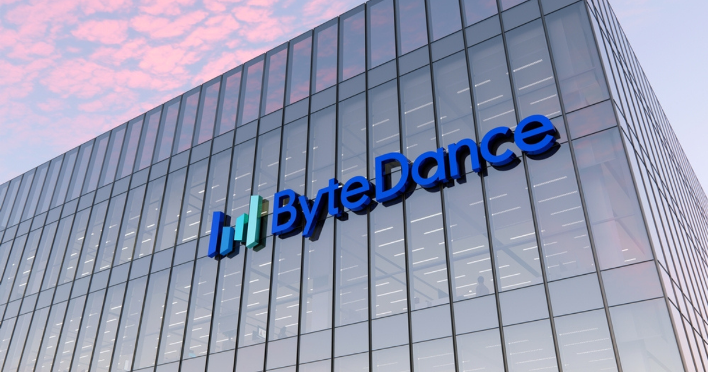Businesses can store, share, and utilise data using cloud technology with a device. The most important advantages of cloud-based software and storage for construction professionals is mobility. Construction cloud software can also improve collaboration and information distribution.
Cloud computing is a more adaptable alternative to traditional servers operated by individuals or businesses. Instead of being licenced to particular devices, cloud software is accessible via the internet.
WHAT IS CLOUD TECHNOLOGY?
Data was previously kept locally on a computer’s hard disc and could only be accessed on that device or by transmitting the file via e-mail to other devices. But now, we can store data in a software-based programme using cloud technology (or cloud computing). Anyone with access to the cloud program and internet on their device can access the data from wherever. Construction organisations can use cloud technology to improve their business and project completion processes in a variety of ways because data saved on the cloud can be accessed and used from anywhere by anyone with an internet connection.
When selecting a cloud-based software solution, there are various variables to consider. It is critical to decide how the solutions will benefit the business by improving efficiency and productivity as well as enabling quicker project completion. Before making any commitments, it’s a good idea to request a free demo. Just as one would not buy heavy equipment like a backhoe or a skid steer without first trying it, one should not buy cloud solutions without first evaluating them.
Here are the benefits of construction cloud software over traditional construction software:
- The most obvious benefit of cloud computing in the construction industry is efficiency. Worksite information had to be physically communicated and exchanged in several other manual ways back in the day. As a result, production slowed, time was wasted, and mistakes were made as miscommunication occurred. Change in orders was frequently issued due to these errors, causing project delays and increased costs. Now, managers and employees can enter, upload, and share measurements, specs, plans, pictures, videos, and any other job data in the cloud. This information can then be accessible by everyone in the company, from anywhere. Thanks to cloud technology, job sites are now fully integrated.
- Increased efficiency means lower costs which are particularly evident in the relationship between project completion speed and financial resources. The fewer work hours a construction firm owner has to pay for a job, the faster and more efficiently a crew completes it. As a result, each job saves money while also increasing revenues. Construction companies can pick up more work in a given time as projects are completed with more efficiency and speed.
- In addition to increased productivity and profitability, construction companies can use cloud technology to improve Jobsite safety. By storing and sharing safety protocols and communicating vital information about concerns such as weather or other situations, managers may offer workers the information they need to execute their duties safely and effectively. Accurate data sharing, such as equipment weight requirements, limitations, and safe-use guidelines, also improves safety.
TO KEEP DATA SECURE IN THE CLOUD
One of the primary reasons why construction workers have avoided adopting cloud computing is data security. So here are a few tips to protect the data in the cloud software:
- Cloud storage of sensitive data is never a good idea: Even though cloud software helps keep work information, passwords or social security numbers should never be stored in cloud data.
- Cloud account passwords should be strong: Use special characters and difficult-to-guess letter-number combinations in cloud account passwords. Also, don’t use the same passwords again and over.
- Encryption for security: Encryption of data enables users to protect their information by preventing unauthorised personnel from accessing or reading it. Cloud computing and software companies offer data encryption.
Check also;
- Liquid Telecom To Deliver Microsoft Cloud Products And Services To Businesses Of All Sizes Across Africa
- A Netflix-Style SVoD Platform For Live Sports Can Exist, But Faces High Hurdles- GlobalData
Please use the button below to contribute to Newslex Point, Inc. using a credit card or via PayPal.

 Newslex Point News in Uganda, Uganda news
Newslex Point News in Uganda, Uganda news












